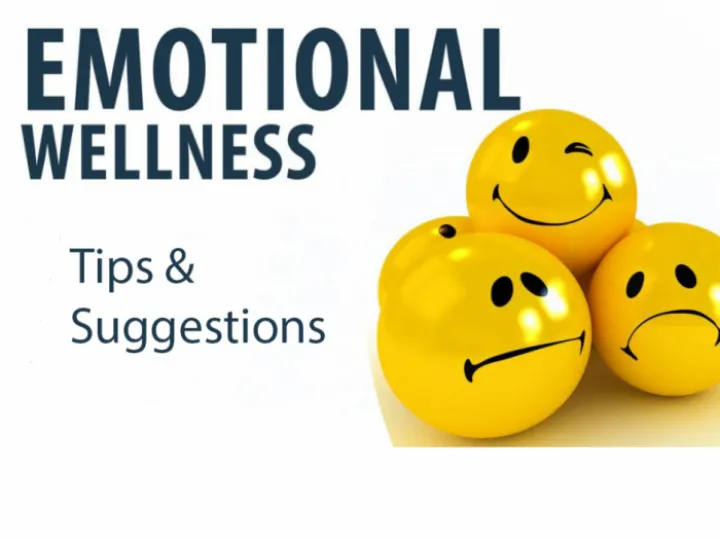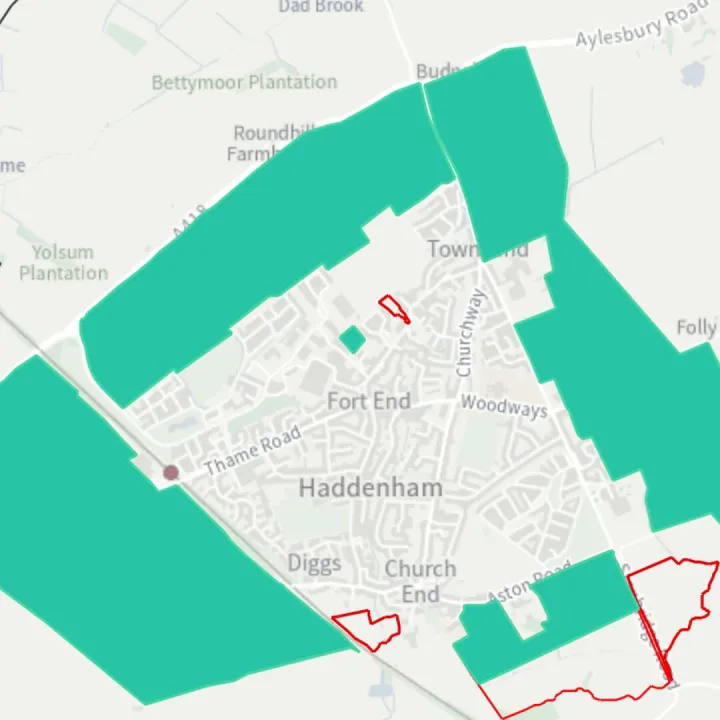{Here are some suggestions to help you maintain your emotional wellbeing during these challenging times:]
- Keep up to date with and follow government and World Health organisation guidance to ensure you are receiving factual information.
- You may like to consider restricting your exposure to news stories, perhaps allocating a particular time/ times of day to check in for any updates, for example 9-915am and 7pm- 715pm, resisting the temptation to spend long lengths of time watching the news or checking your phone for stories.
- This can also work by allocating something called 'worry time'. Having a particular time in the day, for example 7pm, where you allow yourself to worry, perhaps writing them down to share with a friend, family member, neighbour, colleague, support worker, or helpline, and then putting aside (write the down in a notebook or on your phone) any worries that occur during the day, to be processed during your worry time- is an effective anxiety management tool.
- Get plenty of exercise. Sometimes, just going for a walk, observing any current social distancing measures in place, can help you to feel more grounded, and refreshed. While you are walking pay attention to the feel of your footsteps, the air on your cheeks or through your hair, the colour of sky, any clouds that are passing, or buds on the trees. Notice what you can smell, and hear. Using all your senses will help you to enjoy a mindful walk, and a break from being inside.
- If you cant get out, you might like to try a mindfulness app such as Headspace, Calm or Buddhify, or an exercise video on you tube.
- Make a list of all the activities you like to do that you enjoy, and try and implement one into each day, whether its just enjoying a cup of tea or having a bath or shower.
- Building a routine of sorts into your day may be helpful. Getting up, washed, dressed creates a sense of purpose, as can phoning a friend or preparing a meal or doing some gardening. Try and find at least one activity each day that you can enjoy.
- Identify what activities help you to feel calm. For some this may be a favourite television or radio programme, or a new series on Netflix. Music, knitting, art, cooking gardening, colouring, journaling, any of these may be useful activities if your normal ones are restricted at the moment.
- Keep in touch with people. Texting, video facetiming or whatsapping or phoning a friend, neighbour or colleague to see how they are, and to let them know how you are too, is supportive and helps to create a caring community.
- Look after your body by eating as well as you can and drinking plenty of water. Consider colour and variation in your diet and integrating your favourite foods or a daily vitamin supplement. If you are unable to get to any shops, ask a neighbour or friend if they can arrange this for you online or the next time they are going.
- Create a healthy sleeping environment. Clean nightwear and sheets, a comfortable temperature and low lighting. Consider keeping electronic devices away from the bed or even bedroom. Essential oils such as lavender and sandalwood can be soothing.
- Open your windows and have a Spring clean! For some, this extended period of being at home could be an opportunity to clean out old cupboards or open windows and let fresh air in.
- Consider bringing out and dusting off those board games! Monopoly, scrabble, cards, can all bring people together in a household and off their phones for a while. If you are on your own, cards, computer chess, mindful colouring books can all be useful absorbing and calming activities.
- Don't be alone. If you are unable to speak with friends family or neighbours or prefer to speak with someone neutral, there are support lines such as Age UK, the Samaritans, Saneline, Silverline and Cruse that provide telephone and or online support.
Key Contact Information:
Age UK Advice Line: 0800 678 1602- Lines are open 8am-7pm, 365 days a year.
Samaritans call 116 123 24 hours a day or email jo@samaritans.org (response in 24 hours)
Saneline: 4.30pm to 10.30pm on 0300 304 700
Silverline, supportline for olderpeople 24 hours a day 0800 4 70 80 90
Cruse 0808 808 1677







